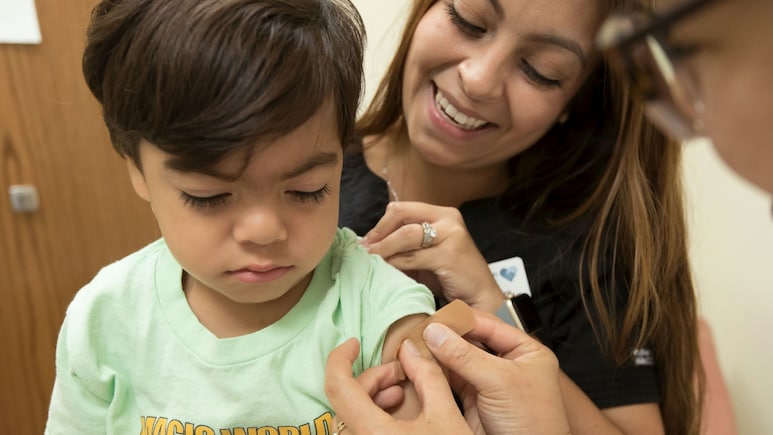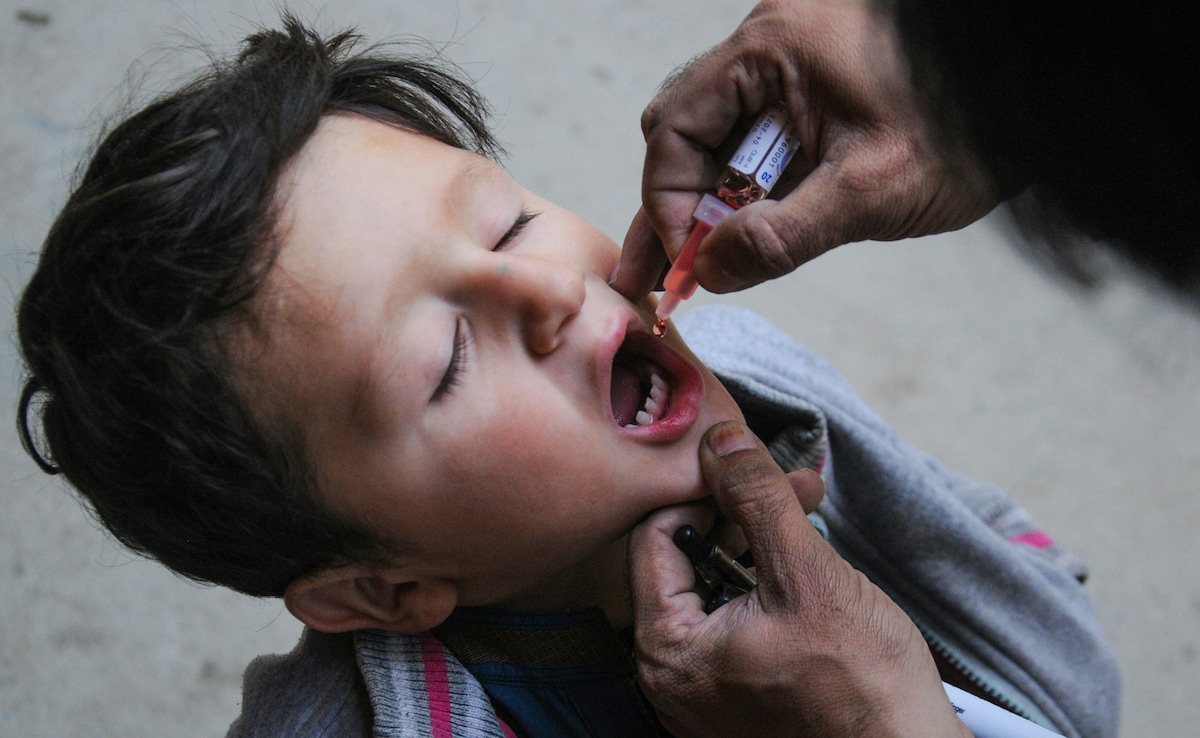
When Zoho founder and CEO Sridhar Vembu recently claimed on social media that childhood vaccines may be linked to rising autism rates, his post sparked a wave of debate, and concern. Quite like US President Donald Trump's baseless claims that Tylenol and vaccines cause autism a few months ago, the Indian tech entrepreneur's statement mirrors a long-standing conspiracy theory that's been repeatedly debunked by decades of scientific research. Health experts and fact-checkers quickly refuted the claim, calling it "factually incorrect and dangerous," since it risks eroding public trust in immunisation programs that save millions of lives each year.
Despite being widely discredited, such misinformation continues to spread, particularly online, where influential figures can amplify it. So, in case you too are getting wrapped in this storm of claims made quite regularly now, here's what the science actually says about vaccines, autism, and why accurate information matters more than ever, especially in India, where vaccine coverage is vital to child health and disease prevention.
The Vaccine-Autism Myth: Where It Began
The myth that vaccines cause autism originated in 1998, when British doctor Andrew Wakefield published a study in The Lancet claiming a link between the MMR vaccine and autism. That paper was later found to be fraudulent because Wakefield had manipulated data and concealed financial conflicts of interest. The study was retracted, and Wakefield lost his medical license.
Since then, over 25 large-scale studies across multiple countries, including those published by the World Health Organization (WHO), Centers for Disease Control and Prevention (CDC), and Indian Council of Medical Research (ICMR), have confirmed no link between vaccines and autism. A landmark 2019 Danish study involving more than 650,000 children found that vaccinated children were no more likely to develop autism than unvaccinated ones.
What Childhood Vaccines Actually Do
Vaccines train the body's immune system to recognise and fight infectious diseases before they can cause severe illness or death. Childhood vaccines protect against measles, polio, diphtheria, whooping cough, and tuberculosis, among other major and debilitating health issues.
According to WHO data, immunisation prevents over 4 million deaths every year. In India, initiatives such as Mission Indradhanush have significantly reduced child mortality by expanding access to life-saving vaccines.
So, far from causing harm, vaccines also indirectly protect those who can't be vaccinated, like infants or people with weakened immune systems, through herd immunity.

Photo Credit: Unsplash
Why Autism Rates Appear To Be Rising (No, Vaccines Aren't Linked)
Autism, or Autism Spectrum Disorder (ASD), is a neurodevelopmental condition, not an infection. Experts attribute the apparent rise in autism cases to better awareness, improved diagnosis, and broader definitions, and certainly not to vaccines.
Autism has complex causes involving genetic and environmental factors, not immunisation. Studies published in journals like Nature Genetics and The Lancet Psychiatry suggest over 100 genetic variants may influence autism risk. Blaming vaccines distracts from the real need for early diagnosis, therapy, and inclusion for autistic individuals and their families.
Why This Misinformation Matters For India
India has one of the world's largest immunisation programmes, yet vaccine hesitancy remains a concern. The COVID-19 pandemic exposed how misinformation, even from influential voices, can spread fear faster than facts. According to UNICEF and WHO's 2024 report, nearly 2.7 million Indian children missed one or more routine vaccines in 2023, many due to misinformation or access barriers.
Public health experts warn that unfounded claims like Vembu's can undermine years of immunisation progress, leading to potential outbreaks of preventable diseases. Measles, for instance, surged in parts of India in 2023 where vaccine coverage dropped below 90%.
The risks of not vaccinating far outweigh any perceived concerns:
- Measles can lead to pneumonia, brain swelling, or death.
- Polio can cause permanent paralysis.
- Diphtheria and pertussis (whooping cough) can be fatal for infants.
In contrast, side effects from vaccines are usually mild and temporary, like soreness or fever, and serious reactions are extremely rare (less than 1 in a million doses, per CDC data).
Sridhar Vembu's remarks may have reignited the vaccine-autism debate, but the science remains unequivocal: Vaccines do not cause autism. Decades of research, surveillance, and safety monitoring continue to reaffirm their benefits. What misinformation does, however, is erode trust and put children's lives at risk.
For parents, the takeaway is simple: trust evidence, not opinion. Consult your paediatrician, follow the immunisation schedule, and remember that every vaccine protects not just your child, but the entire community.
Disclaimer: This content including advice provides generic information only. It is in no way a substitute for a qualified medical opinion. Always consult a specialist or your doctor for more information. NDTV does not claim responsibility for this information.
References:
1. World Health Organization (WHO). Vaccine safety and autism myths debunked.
2. Centers for Disease Control and Prevention (CDC). Vaccines and Autism.
3. Indian Council of Medical Research (ICMR). Vaccine Safety Review Report 2024.
4. Hviid et al., Annals of Internal Medicine, 2019. MMR Vaccine and Autism: No Evidence of Risk.
5. UNICEF-WHO Immunisation Coverage Report, 2024.
Track Latest News Live on NDTV.com and get news updates from India and around the world

